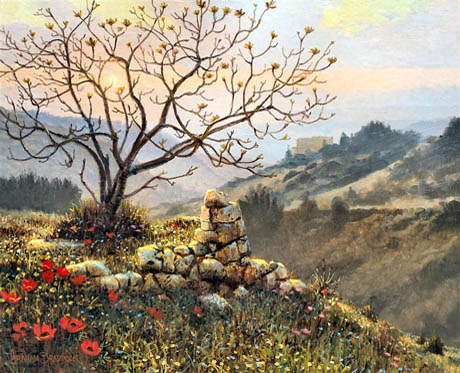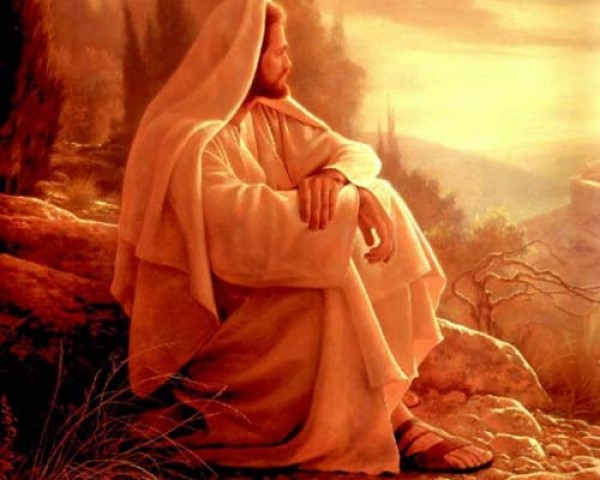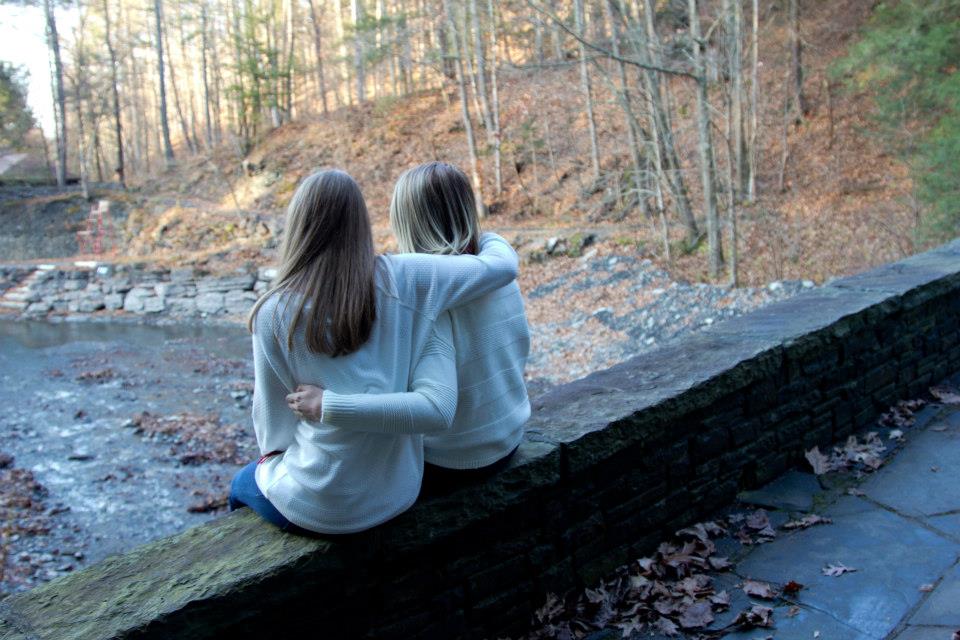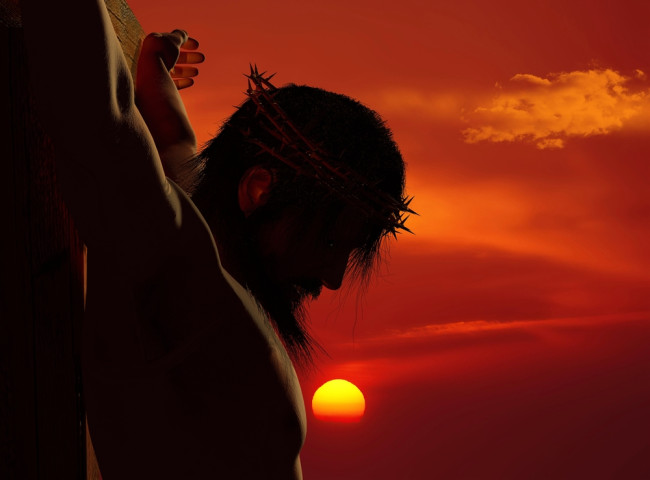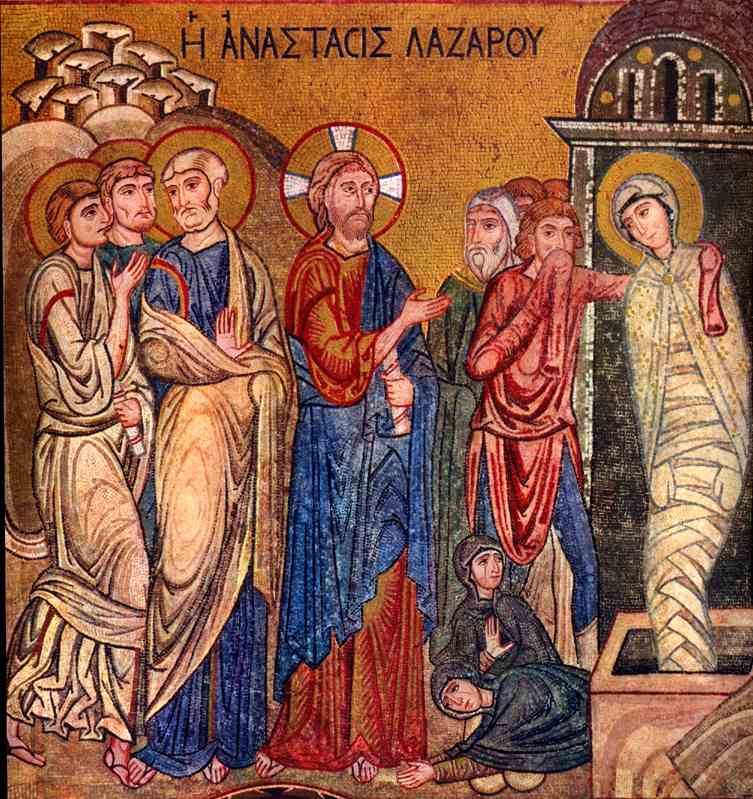Compassion over rules
sadly in a world dominated by might, money, and power, some people look upon compassion, mercy, gentleness of spirit, inclusiveness and unconditional love as weakness. In a world blighted by terrorism, war and indescribable brutality demonstrated day by day, for example in Syria, Iraq and Afghanistan; in a world where many have become indifferent, self righteous and just downright selfish; in a world where Bible passages are taken out of context to uphold racism, sexism, homophobia and unhealthy nationalism: these are the places in which compassion, mercy, gentleness of spirit, inclusiveness and unconditional love should work and speak.
As we prepare for Easter, this Season of Lent offers us an opportunity to reflect again upon how we experience Yahweh God and how we live our lives of servant hood - not as doormats to be trampled under foot but as true servants of Yahweh God who proclaim by our lives that Jesus is our Way, our Truth and our Life. Lent offers us the opportunity NOT to give up but to give more of ourselves in the service of others and in the causes of justice and peace. May this Season of Lent have real meaning for each one of us.
When someone shares in our suffering, somehow the knowledge that we are not alone, that there is someone out there who knows the pain that we are going through, the knowledge that we are cared for by someone who truly knows our pain comforts us and gives us the strength we need to endure our suffering. To be alone in our suffering is the most terrible thing that we can imagine. The Good News that God is LOVE means that LOVE will not let us suffer alone because LOVE is determined to suffer with us. Working in, with, and through those who have experienced our pain LOVE is able to enfold us and say, “I know, my child, I know.”
The dry bones raised by Ezekiel are a metaphor for those who died in the service of God’s justice: those who died working to restore God’s distributive justice-compassion to God’s Earth, and who themselves never saw the transformation. The army of dry bones is an army exiled from justice. Fairness demands that if Jesus was resurrected into an Earth transformed into God’s realm of justice-compassion, then all the other martyrs who died too soon should also be raised with him. “But in fact,” Paul writes in 1 Corinthians 15:20, “Christ has been raised from the dead, the first fruits of those who have died.” It is the Christ – the transformed and transfigured post-Easter Jesus – who has started that general resurrection, which restores justice-compassion to a transformed Earth. The transformation has begun with Jesus, and continues with you and me – IF we sign on to the program.
A Lenten tradition in Western Christianity is to meditate upon the journey Christ took to Calvary. These stations or steps are found both in the Scriptures and in the traditions and legends of catholic Christianity. For many this practice is used to participate in the suffering and sacrifice endured by Christ. I encourage you to also take up this journey seeing within each station a calling for the modern, progressive Christian to grow in the ways and love of God. Meditate upon each station considering the questions or thoughts presented with a Scriptural verse to ponder and a brief prayer of the heart. In John 15:12 Jesus tells us, “This is my commandment, that you love one another as I have loved you.” Only by walking with Christ and seeing just how much he truly loved everyone can we begin to love others in the same fashion.
The Gift of Mortality
Avowed atheist Susan Jacoby recently created a dust up with a recent article in the New York Times Sunday Review entitled, “The Blessings of Atheism.” She wrote in response to all the god-talk that appeared in the immediate aftermath of the Newtown massacre; with all those unanswerable questions or inadequate answers to human suffering and death so often peddled in popular religious belief. So too, not long ago author and “non-believer,” Christopher Hitchen’s posthumously published his little book Mortality; recounting his rambling thoughts on his own imminent demise; after a terminal diagnosis left him a sufficient number of days to find himself “deported from the country of the well across the stark frontier that marks off the land of malady.” But what, or where to, after that? What if this really is all there is? It seems there has always been the human hankering to imagine all kinds of fanciful notions, in our attempts to recapitulate our mortal existence into something more than it is. Many religious traditions, including centuries of “mainline” orthodox Christianity, employ great mythic stories to describe a life subsumed into something greater than we can either know, or grasp, except by “faith.” Heaven knows, some folks try to better themselves, merely in the hope of a remote possibility there something more, after our death, which is a certainty. But in the end, is it all dust and ashes? And is that OK? This is the liturgical time of year when many in the Christian tradition undergo a seasonal pilgrimage in which the faithful are reminded at the onset we mortals are nothing more than dust. And so we will one day return to that from whence we came. Then the traditional forty days end with the perennial re-enactment of a passion play commemorating the mortal demise of the one whom Christians even these many centuries later would profess to follow. Many do so in the hope of some kind of immortality for themselves in some indecipherable form or other; attributing to Jesus a “resurrection” that means the same thing to them as god-like immortality; while others of us may find such imaginings to be not only reasonably implausible, but of less importance than what we take to be of greater significance and meaning in this faith tradition. Otherwise, the vainglorious hope of immortality can become so enshrouded in our mortal fears that we become – like Lazarus in his early grave – so wrapped up in death that we fail to truly acknowledge and appreciate the gift of our mortality for what it is; nothing more, nor less. With the certain assurance then that we are but dust and ash, we can ask ourselves if the gift of our mortality is not only enough, but more than enough? And if so, as the psalmist says, how then shall we “number our days, that we may apply our hearts to wisdom?” (Psalm 90:12)
Simone Weil was a Jewish philosopher from France who was hungry for God, and found God through Christianity – even though she never became a Christian...For her, being hungry for God was the way to have God. Yearning for God was her experience of God.

